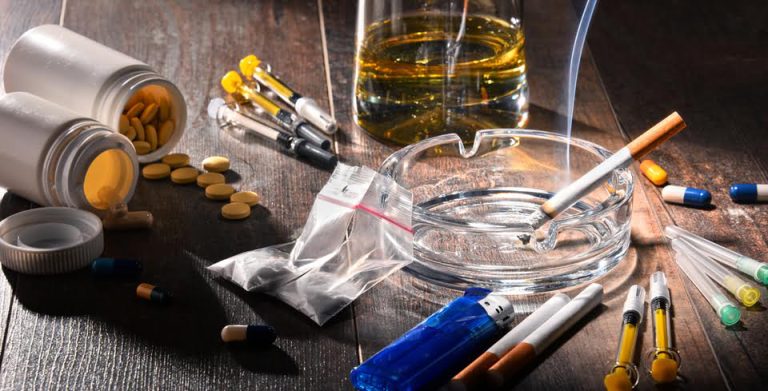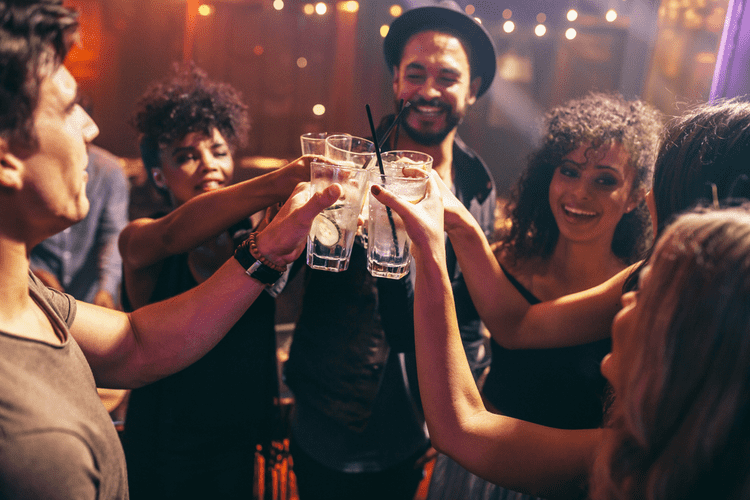Apologize when appropriate, learn from the experience, and move forward. The goal isn’t to never mess up; it’s to handle your mistakes differently than you did in active addiction, with honesty, accountability, and a genuine desire to do better. When you start setting boundaries, especially if this is new for your relationships, people might resist. They might guilt-trip you, argue that you’re being selfish, or test whether you really mean it.

Building a Support Network
Healthy boundaries are clear guidelines you establish about how you want to be treated and what https://cafetesouro.com.br/why-alcohol-causes-sinus-congestion-3/ you’re willing to accept in your relationships. They’re about taking responsibility for your own emotional well-being while respecting others’ autonomy. Boundaries protect your recovery, your peace of mind, and your relationships.
Navigating Different Types of Relationships in Recovery
Alcoholic behavior in relationships creates patterns of broken trust, unpredictability, and emotional distance that don’t disappear overnight. Family therapy plays a big role in recovery by helping you to understand underlying issues and finding a way of addressing them. You can seek the help of a psychotherapist who will help you have an understanding of your subpersonalities and give you treatment. When you take care of yourself, you’re better equipped to build relationships that align with your recovery goals. Participating in 12-step literature discussions or 12-step work helps a person in recovery navigate challenges and strengthen their recovery goals. Often, these children may also experience abuse and neglect, leading to negative physical, intellectual, social, and emotional outcomes.

The Foundation: Building a Healthy Relationship with Yourself
It starts with accountability—taking responsibility for past actions damaged by addiction. Consistency in behavior helps restore confidence as individuals work towards repairing relationships. Using strategies like honest discussions and making amends can significantly aid this process, ensuring that family ties strengthen over time. By practicing these strategies, you can build healthy, supportive relationships that contribute to your overall recovery journey.
- Healthy relationships are essential in recovery as they provide crucial support throughout the healing journey, contrasting with the isolation and loneliness often experienced due to addiction.
- Remember, healthy relationships are built on a foundation of trust, mutual respect, and shared commitment to each other’s growth.
- The people who understand your recovery journey can become some of your closest friends.
- Setting boundaries is crucial for protecting your emotional health and supporting recovery.
Intensive therapy relationships in recovery & support for those who do not require 24/7 hospitalization. Remember, healing starts with a choice, and we’re here to help you make that choice. Discover affordable rehab centers near you, offering easy access and convenience.
Expressing appreciation for the support you receive helps strengthen bonds and reinforces positive behavior. Regularly acknowledging and celebrating the contributions of others fosters an atmosphere of love, trust, and mutual respect. Joining 12-step rooms, 12-step support groups, or professional addiction treatment programs provides social connection and guidance. An addicted person in an unhealthy relationship may face an increased risk of relapse due to emotional distress and exposure to substance addiction.
- Many individuals benefit from exploring holistic treatment approaches that address the whole person in recovery.
- In relationships involving recovering addicts, setting clear boundaries is vital.
- This is particularly important for individuals in recovery from substances like alcohol, where social connections often need to be completely rebuilt.
Building Healthy Relationships Beyond Addiction in Recovery
Relationships are effective in helping people in recovery Drug rehabilitation stay healthy and increase their wellbeing. Healthy relationships bring out the best in both parties, and are a safe space for their fears. Before we talk about healing relationships, we need to talk about boundaries.
Building the Dream
- Healthy relationships in recovery create positive ripple effects that extend far beyond the individuals directly involved.
- Your journey toward meaningful relationships doesn’t have to be a solo endeavor.
- Making amends, where appropriate and safe, addresses past hurts while creating new patterns establishes healthier ways of interacting.
- This can feel lonely at first, but it creates space for healthier connections.
- Moreover, envy and jealousy can become problematic if they prevent you from thinking positively about your partner’s successes or lead to constant suspicion and mistrust 2.
Supportive relationships can encourage personal growth, help individuals rebuild self-esteem, and provide a strong foundation for maintaining sobriety. Unhealthy relationships can hinder recovery by reintroducing triggers and enabling negative behaviors. At Resurge Recovery, we understand that addiction recovery is not an individual journey.
Some facilities have aftercare programs, which provide social activities for patients in facilities. As your recovery journey progresses, you may find that relationships bring new opportunities for growth and fulfillment. Whether repairing family relationships, developing professional partnerships, or exploring the dating world, every connection has the potential to contribute positively to your life. However, repairing relationships is possible with time, effort, and honesty. Every step taken toward building healthy relationships brings us closer to living free from substance abuse.

